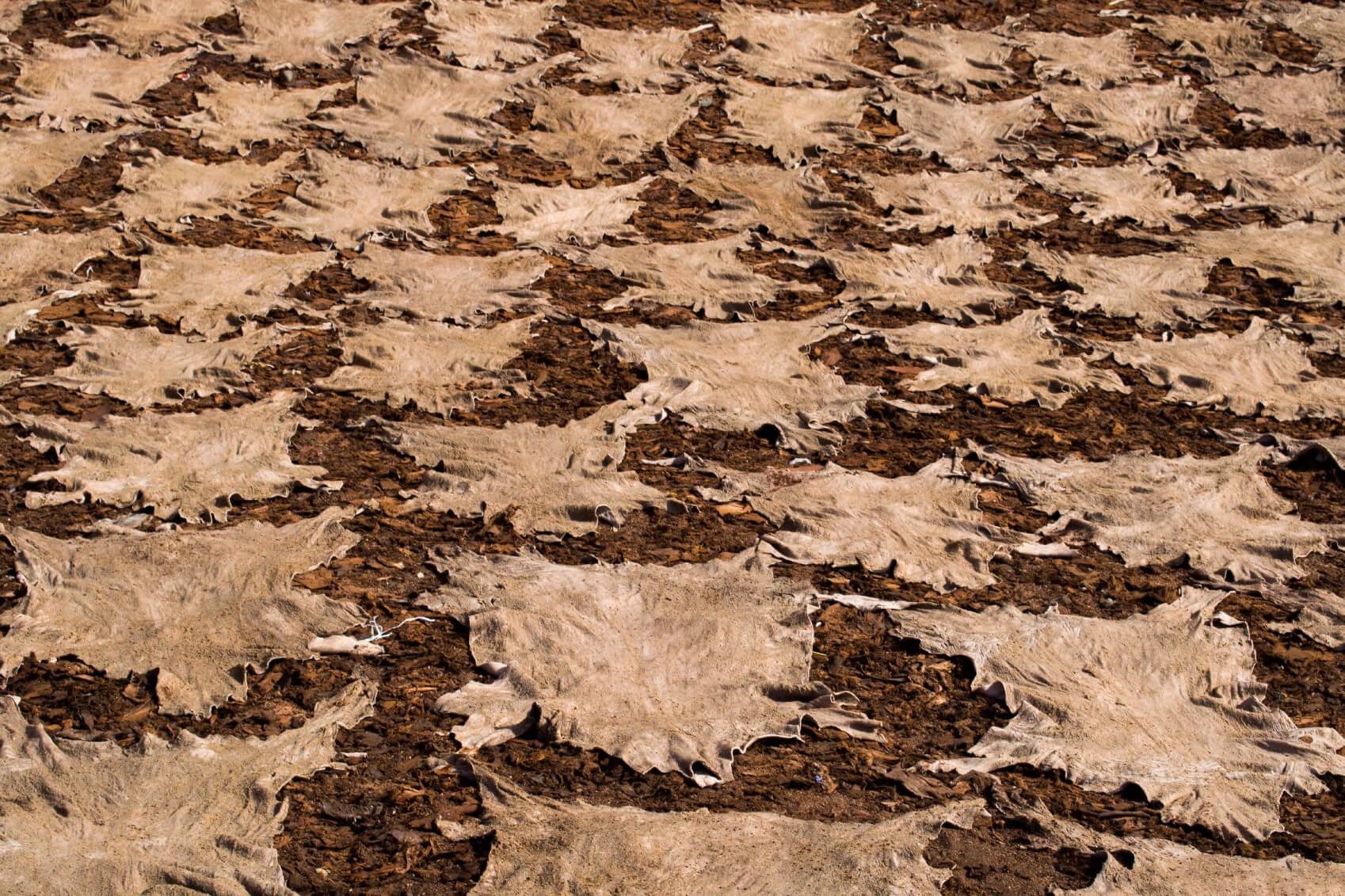The Benefits of Sourcing Other Hides and Skins from Rwanda
The Benefits of Sourcing Other Hides and Skins from Rwanda
When it comes to leather production, sourcing high-quality hides and skins is crucial. And while many countries offer these materials, Rwanda has emerged as a top supplier in recent years. Not only does the country have a rich tradition of animal husbandry, but its government has also made significant investments in the sector’s infrastructure and education. In this blog post, we’ll explore some of the key benefits of sourcing hides and skins from Rwanda – from their superior quality to their positive impact on local communities – that make them an excellent choice for businesses looking to improve their supply chains.
Introduction to Other Hides and Skins from Rwanda
Other Hides and Skins from Rwanda
In addition to cowhide, Rwanda also produces other high-quality hides and skins that are perfect for a variety of leather goods. Here are some of the other types of hides and skins you can source from Rwanda:
Goat skin: Goat skin is softer and more pliable than cowhide, making it ideal for gloves, shoes, and other items that require a bit of give. Rwanda produces both full-grain and split goat skins in a variety of colors.
Sheepskin: Sheepskin is another popular type of hide for gloves, shoes, and other garments. It’s also often used for rugs, upholstery, and other home décor items. Rwandan sheepskins are available in a variety of natural colors as well as dyed shades.
Calfskin: Calfskin is similar to cowhide in terms of durability and strength, but it’s much thinner and smoother, making it ideal for delicate leather goods. Rwandan calfskins come in a wide range of colors, including classic black and brown as well as brighter shades like red and blue.
Types of Hides and Skins Available for Export
There are many different types of hides and skins that can be sourced from Rwanda, each with their own unique benefits. Here are some of the most popular options:
1. Cowhide: Cowhide is one of the most versatile and durable types of leather, making it ideal for a wide range of products. It is also relatively affordable, making it a great option for budget-conscious buyers.
2. Goat skin: Goat skin is another popular option for its versatility and durability. It is also relatively affordable and easy to care for.
3. Sheepskin: Sheepskin is prized for its softness and warmth, making it a popular choice for clothing and accessories. It is also relatively easy to care for.
4. Buckskin: Buckskin is a type of leather made from deer hide. It is prized for its softness, strength, and durability. buckskin is also relatively easy to care for.
Benefits of Sourcing Hides and Skins From Rwanda
When it comes to sourcing hides and skins, Rwanda is a great option. The country has a variety of climates, which results in a diverse selection of hides and skins. Rwanda also has a number of tanneries that can process the hides and skins into finished products.
Rwanda is an excellent source for high-quality hides and skins. The country has a variety of climates, which results in a diverse selection of hides and skins. Rwanda also has a number of tanneries that can process the hides and skins into finished products.
Rwanda offers a wide variety of hide and skin types due to its diverse climate. This diversity provides customers with more options when it comes to choosing the right hide or skin for their needs. In addition, Rwanda’s tanneries are able to produce finished products that meet the highest standards.
Challenges in Exporting Other Hides and Skins from Rwanda
There are a few challenges that come with sourcing other hides and skins from Rwanda. The first challenge is transportation. Rwanda is a landlocked country, so getting the hides and skins to ports can be difficult and expensive. Additionally, Rwanda’s infrastructure is not well-developed, so there can be delays in getting the products to buyers.
The second challenge is storage. Because Rwanda is a tropical country, proper storage facilities are essential to keeping the hides and skins in good condition. If they are not stored properly, they can rot or become infested with insects.
The third challenge is processing. There are limited facilities for processing hides and skins in Rwanda, so buyers often have to do it themselves or find a processor in another country. This can add to the cost of the product and lead to delays in getting it to market.
Despite these challenges, there are many benefits to sourcing other hides and skins from Rwanda. The country has a large population of cattle, which provides a steady supply of raw materials. Additionally, Rwandan hide and skin processors have developed expertise in working with difficult-to-process materials like buffalo hide. And finally, Rwandan producers are typically willing to work with buyers on custom orders or special requests.
Regulations on the Export of Other Hides and Skins from Rwanda
In order to export other hides and skins from Rwanda, businesses must adhere to the regulations set forth by the Rwandan government. These regulations are designed to protect the country’s resources and ensure that only high-quality products are exported. Some of the key regulations include:
– All exports must be registered with the Rwandan Ministry of Trade and Industry.
– Exporters must obtain a permit from the Rwanda Development Board.
– Export shipments must be accompanied by a certificate of origin from the Rwandan Chamber of Commerce and Industry.
– Hides and skins must meet strict quality standards set by the Rwandan government.
By adhering to these regulations, businesses can help ensure that they are exporting high-quality products that will benefit both Rwanda and the business itself.
Potential Buyers of Other Hides and Skins from Rwanda
Other Hides and Skins from Rwanda
Rwanda is home to a variety of animals, including some of the world’s most sought-after hides and skins. Thanks to its unique climate and geography, Rwanda is able to produce a wide range of high-quality hides and skins, which are perfect for a variety of products. Here are just a few potential buyers of other hides and skins from Rwanda:
1. Luxury goods manufacturers: Rwanda’s hides and skins are perfect for luxury goods such as handbags, shoes, belts, and wallets.
2. Furniture makers: The durability and beauty of Rwandan hides and skins make them ideal for upholstery and other furniture applications.
3. Auto upholstery companies: Rwanda’s car seats are among the most comfortable and luxurious in the world thanks to the quality of the country’s hides and skins.
4. Clothing manufacturers: A number of high-end clothing brands use Rwandan leather in their garments due to its softness, durability, and unique grain pattern.
Conclusion
The opportunities for sourcing other hides and skins from Rwanda are abundant, creating a massive potential for the country to benefit in terms of increased economic output. Not only does this create more jobs and investment opportunities, but it also brings about improved social welfare as well. This can be seen through the growing number of tanneries that are now operating in Rwanda, providing high-quality production at competitive prices. These factors all contribute towards making Rwanda an attractive destination for global buyers who value ethical sourcing while still offering quality materials at great prices.







LEAVE A COMMENT
You must be logged in to post a comment.